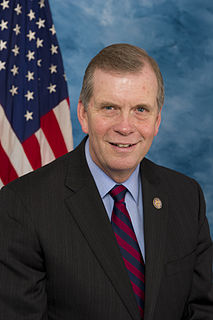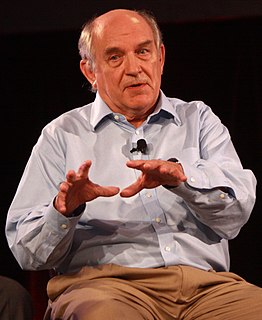A Quote by Quintilian
A laugh costs too much when bought at the expense of virtue.
Related Quotes
We drink too much, smoke too much, spend too recklessly, laugh too little, drive too fast, get too angry, stay up too late, get up too tired, read too little, watch tv too much. We have multiplied our possessions but reduced our values. We talk too much, love too seldom, and hate too often. We've learned how to make a living but not a life. We've added years to life, not life to years.
It's unwise to pay too much, but it's worse to pay too little. When you pay too much, you lose a little money - that's all. When you pay too little, you sometimes lose everything, because the thing you bought was incapable of doing the thing it was bought to do. The common law of business balance prohibits paying a little and getting a lot - it can't be done. If you deal with the lowest bidder, it is well to add something for the risk you run, and if you do that you will have enough to pay for something better.
A smile costs nothing, but creates much, It happens in a flash, but the memory of it lasts forever, It cannot be bought, begged, borrowed nor stolen, but it is Something that is no earthly good to anyone until it is given away. So if in your hurry and rush You meet someone, who is too weary to give you a smile, Leave one of yours, For no one needs a smile quite as much as the one who has "Stone walls do not a prison make, nor iron bars a cage.



































